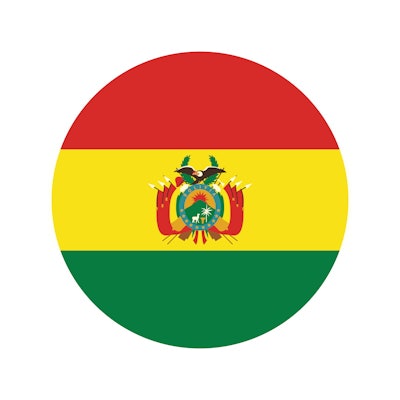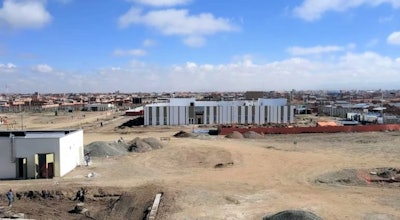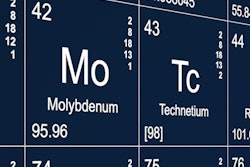
Bolivia has begun pilot operations at a nuclear research center on the outskirts of La Paz -- a location more than 13,000 feet (4000 m) above sea level. The facility is the highest-altitude site in the world producing radioisotopes for use in medicine, according to an August 9 report in World Nuclear News.
The $300 million (292-million-euro) project is a joint effort between the Bolivian Nuclear Energy Agency and Rusatom Overseas, part of the Russian nuclear energy giant Rosatom.
 The world's highest-altitude nuclear research reactor center under construction on the outskirts of La Paz, Bolivia, where cyclotron pilot operation recently began. Image courtesy of Rosatom.
The world's highest-altitude nuclear research reactor center under construction on the outskirts of La Paz, Bolivia, where cyclotron pilot operation recently began. Image courtesy of Rosatom.Last week, the nuclear research center officially opened its Cyclotron Radiopharmacy Preclinical Complex and its Multipurpose Irradiation Centre (MIC). A nuclear research reactor is set to be brought online in 2024.
"At the cyclotron complex, the Bolivian students who have passed a complete cycle of training are already producing fluorodeoxyglucose [FDG]," said Evgeny Pakermanov, president of Rusatom Overseas, in a news release. FDG is the most widely used PET radiopharmaceutical.
The first project at the MIC on 5 August involved a successful test irradiation of a batch of medical products, Pakermanov added.
Once the cyclotron reaches full operation, it is expected to provide enough radiopharmaceuticals for 5,000 nuclear imaging procedures a year in Bolivia without requiring patients to travel abroad.
At a ceremony held in July 2021 to mark the pouring of concrete for the nuclear research center, Bolivian President Luis Alberto Arce Catacora noted it will greatly contribute to the development of science and medicine in the country, as well as provide more than 500 jobs for local residents.



















